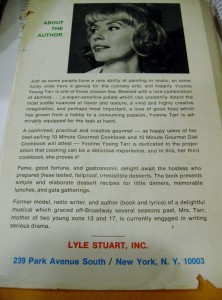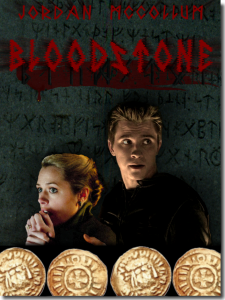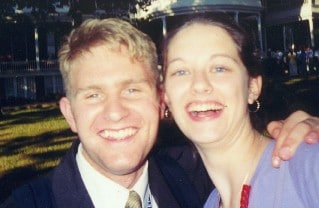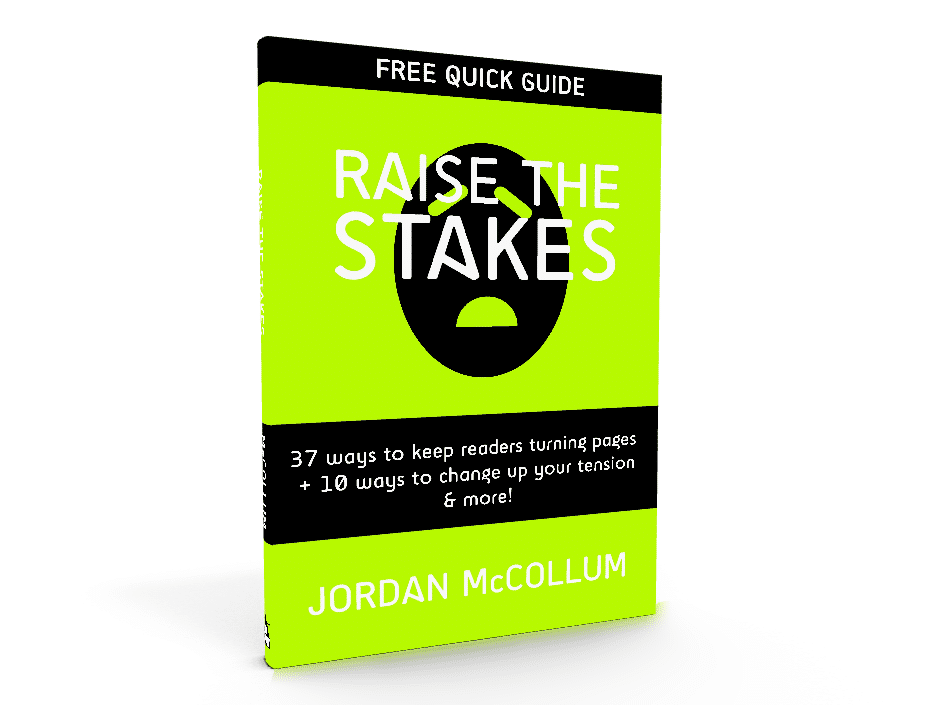Sorry to interrupt your Nanoing. Hope it’s going well! Just a little news to share here:
My first novel, Saints and Spies, will be published by [Redacted] in 2013!!!
The book is about an LDS (Mormon) FBI agent who has to go undercover as a Catholic priest to root out the mob in the parish. Falling for the parish secretary? That’s just the beginning of his problems.
I got the email Friday morning while working away at a writers’ retreat (where I pounded out 27,000 words on a new novel that I’m very excited about, too!). It was fantastic to share that with other writers face to face, especially when those writers are some really good friends.
 The burning questions
The burning questions
To clarify, no one has actually asked these things; I’m being snarky to myself.
What’s your advance?
Let me introduce you to the concept of economies of scale if you’re not already familiar with it. I’m being published by a regional publisher, which means smaller print runs, which means higher cost per unit. This, in turn, means that there’s a bigger risk assumed by the publisher in printing the books, and a system which just doesn’t lend itself well to the advance-against-royalties model.
Or, the short answer: in this market, they’re almost exclusively on a royalties-only basis.
Why did you settle for a regional publisher?
First of all, that’s a super-rude way to phrase the question. I actually didn’t settle; this was one of my dream publishers. The book itself has a lot of LDS (Mormon) content because the main character is LDS. I knew I wanted to find this book a home with a regional LDS publisher—and I’m thrilled it did!
Edited to add: as my friend and publisher-buddy Annette Lyon pointed out in the comments, this company is also the top publisher of fiction in the market. It’s a pretty big deal (even if you haven’t heard of them).
Does this mean you’re Mormon?
Yep. Have been all along. You’re just now noticing? Hm.
So, what now?
My book was accepted based on the manuscript and a plan for proposed revisions to be extra extra careful about the interfaith issues. I’ll make those revisions and anything else I need to, and turn it in again. In the mean time, over at my publisher (I just love typing that!), they’ll assign me to an editor. That editor will look over my revised manuscript and make content suggestions on characters, plot lines, scenes, etc. I’ll take those to make the book better. Once we’re satisfied, the book goes to a copy editor who proofreads it. Once we get it thoroughly clean, it’s ready for all the technical stuff: typesetting, . . . um . . . well, I know there’s printing involved.
Somewhere in there I’ll receive, review and sign a contract. And a cover design. And also do some marketing planning and the like.
And when did you say?
They’re still figuring out exactly when, but it should be sometime in 2013.
But that’s so far away!
Yes, but this is the speed publishing moves. Also, in less than two months, I’ll be able to say, “My book will be out next year.”
So, are you excited?
Yes! Absolutely! And I got this news surrounded by some of my closest writer friends, many of whom have directly and indirectly helped me grow as a writer, who were then able to celebrate my success along with me. And also comment on how badly I was shaking. And ask me to do a cartwheel. (I did.)
Can I read it?
Oh yes! But I probably won’t be giving out a whole lot of free copies. Sorry, but I’m sure I’ll only receive a limited number anyway.
No, I meant, can I read it now?
I do have an excerpt of the first chapter of Saints and Spies in its current form available here on my website.
Well, awesome! But . . . I’m kind of running out of questions . . . Uh, how his Nano going?
Fantastic! With the retreat, I’m up to nearly 40,000 words in my novel, and it’s so much fun! It’s not going exactly how I planned–I really thought a certain event would be the first plot point, but then when I got there, a new first plot point came in, and now I’m just about at the midpoint and I’m still working up to that certain event.
Ah well, writing is revision, isn’t it?
If you say so. Where will I be able to buy your book?
LDS bookstores including Seagull Book and Deseret Book will carry it, as well as independent LDS bookstores. It might also be in Utah Barnes & Nobles and other bookstores. And of course, there’s always Amazon and Kindle.
Will non-Mormons be able to “get” your book?
Oh yes. The Internet is a wonderful thing.
The “get” is in quotes.
Gotcha. There are some jokes and references that are geared toward members of the LDS faith, but I’m thinking about how I can make sure my friends of other faiths can understand the references.
Will your blog change? Your Facebook? Your Twitter?
The answer, of course, is yes. Everything changes. I don’t know quite what I want to do to appeal to both writers and my potential readers, but we’ll see.
Are you tired?
YES. I just dozed off while typing my last response.
Why don’t you go to bed?
Just one more blog post.
Then stop writing this one!
Photo by Angela
 like this (with a little extra snark, of course):
like this (with a little extra snark, of course): ABOUT THE AUTHOR
ABOUT THE AUTHOR







